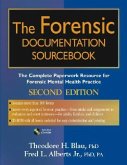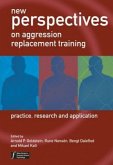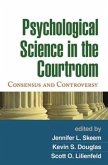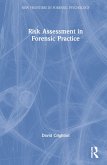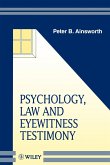Wiley Series in the Psychology of Crime, Policing and Law "Suggestibility is one of the most important psychological concepts to capture the imagination of scientists, both past and present. e internationally known contributors to this volume tackle this concept with scientifi c astuteness and balance, and with an eye towards its importance for the legal fi eld. It is a must read for researchers and practitioners alike." Elizabeth F. Loftus, Distinguished Professor, University of California, Irvine Suggestibility in Legal Contexts is a comprehensive guide to the theory, research and forensic implications related to suggestibility in legal contexts. It traces the history of the topic from the early twentieth century to the present, including its post-1970s resurgence after the publication of the seminal research of Elizabeth F. Loftus. The text engages with the investigative and theoretical controversies that have attended the subject, including controversial topics such as recovered memories of childhood sexual abuse in adulthood, and coerced or false confessions. Core chapters are structured thematically and cover salient aspects of the fi eld such as research on "immediate" versus "delayed" suggestibility; memory conformity and the relationship between suggestibility and vulnerability factors including age, intellectual disabilities, personality and memory. e text also outlines witness interview techniques that can reduce the eff ect of suggested evidence in legal cases.
Suggestibility is one of the most important psychologicalconcepts to capture the imagination of scientists, both past andpresent. The internationally known contributors to this volumetackle this concept with scientific astuteness and balance, andwith an eye towards its importance for the legal field. It isa must read for researchers and practitionersalike.--Elizabeth F. Loftus, PhD, DistinguishedProfessor, University of California, Irvine


